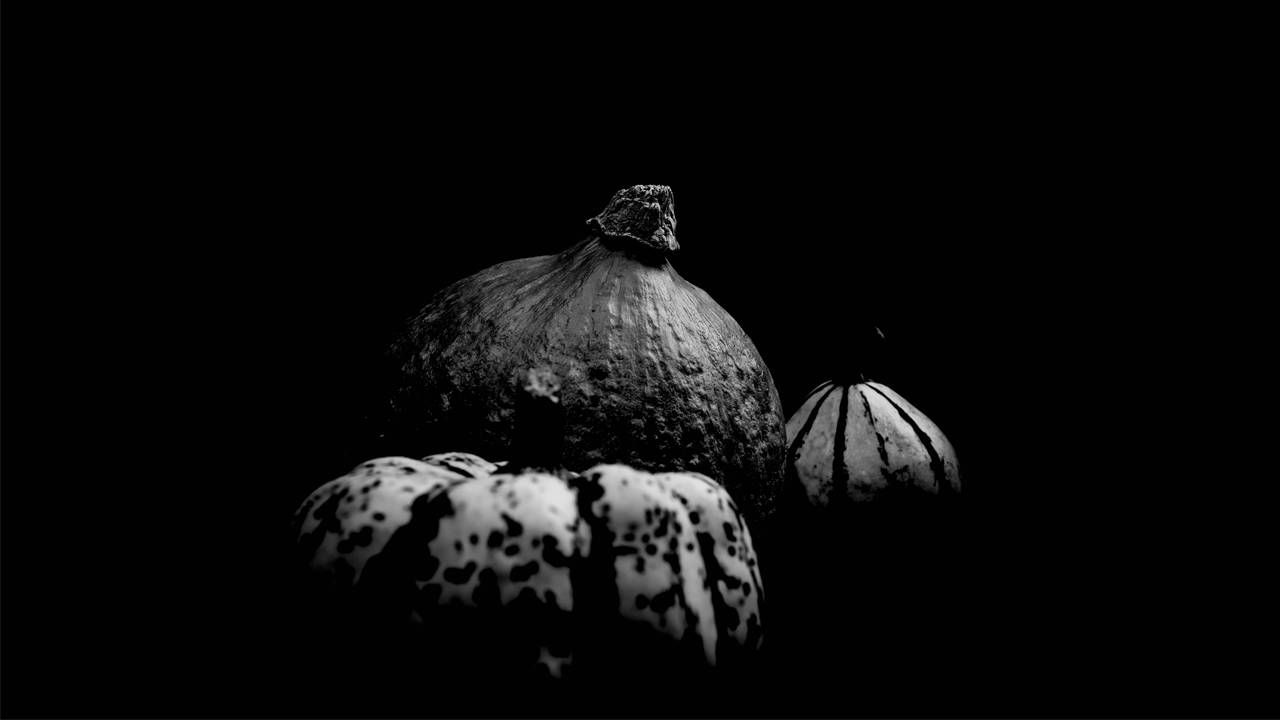How We Are Grieving the Loss of This Thanksgiving
Looking ahead with hope is the best we can do during the pandemic
As we enter the holiday season battered by the year's events, the sentiments that often accompany this time of year will likely be intensified. COVID-19 will uproot family gatherings and alter holiday plans throughout the country as numbers of infections continue to grow, and are projected to continue scaling upwards.
In 2020, there will be no gentle opportunity for respite and reflection.

This year, the holidays will extract an emotional toll, especially for boomers – the acute awareness of passing time. The coronavirus has created the oddest of circumstances: robbing time while stopping it.
In a recent interview, 72-year-old Stevie Nicks reflected on her desire to safely sing before audiences again. She described waiting for the pandemic to subside as feeling like time is stealing her "last youthful years."
The Loss of Our Traditional Thanksgiving
For me, the iconic singer's statement crystallized the emotions I have felt in the face of yet another 2020 holiday without our large extended family. Each stolen celebration is a lost opportunity to savor our ever-expanding family circle as time tumbles forward. The hardest to accept, however, is the loss of our traditional Thanksgiving.
Each stolen celebration is a lost opportunity to savor our ever-expanding family circle as time tumbles forward.
Thanksgiving has long been a special touchstone for my immediate and extended family. For decades, my mom and her sister (who lived in the same tiny seaside community) happily planned menus consisting of the family favorites, while my dad and uncle would dutifully do the grocery shopping.
Over time, they welcomed the dear friends and romantic interests of their children, followed by their spouses, and, eventually, an entire new generation. All were greeted with a warmth that made the day feel like a personalized security blanket for everyone who attended.
Our Commitment to Covering the Coronavirus
We are committed to reliable reporting on the risks of the coronavirus and steps you can take to benefit you, your loved ones and others in your community.
Read Next Avenue's Coronavirus Coverage
When my husband's dad died early in our marriage, his mom and three siblings became part of the holiday tradition, adding a special opportunity for an enriched relationship between families joined by marriage. It was an added level of boisterous fun to share the day with his siblings and, later, their spouses and children, whenever possible.
Eventually, the holiday gathering moved to our home. The responsibility for planning and executing the same menu (in increasingly larger portions), as well as the cooking, fell to my cousin, my childhood best friend and me.
In keeping with family tradition, my husband did much of the food shopping – usually involving multiple trips for forgotten items. Our Thanksgiving count has grown to thirty-something and higher, but a final tally is never needed, since there is always enough food, as well as sufficient leftovers for the weekend guests.
This year, however, our holiday table will be eerily quiet. There will be no siblings, cousins, nieces, nephews, adored in-laws, best friend from law school, new budding relationships, nor the young generation of kids running around the house. The pandemic has done something that weather, busy schedules and even occasional health issues could not do – cancel our large Thanksgiving gathering.
Our Sadness is Not Unique
COVID-19 has wreaked havoc on 2020. It has killed more Americans than the combined American deaths in the country's last five wars. The disease has hammered our economy, destroyed entire sectors of the service industry, increased homelessness, deprived children of their school-based education, robbed families of life-cycle celebrations and sickened millions.
With such widespread devastation, grieving the loss of a holiday seems almost trivial. After all, we are supposed to tell ourselves, if we are maintaining our health, our gratitude for what we have should override our sorrow for what is lost. Moreover, our sadness is far from unique, as millions of families around the country are making similar dispiriting choices.
I confess, however, to finding little comfort in the shared sorrow. My efforts to focus on gratitude fail as frequently as they succeed. I then feel awash with guilt for straying from a positive focus. When I hear from others similarly trying to cope with their own sadness at what they will miss, I feel anger that, nine months into this pandemic, the virus itself has been exacerbated by our divided politics.
Sorrow and anger are not the emotions one wants to feel on the eve of the holiday season. But as we stare down an uncontrolled pandemic and cancelled celebrations, I find myself owning those feelings, wrapped in guilt. The result is the odd sense of apologizing to myself for feeling badly.
My efforts to focus on gratitude fail as frequently as they succeed.
The recent birth of our first grandchild heightens that emotional awareness of lost time.
The stage of life that we loved as parents and looked forward to as grandparents did not go as dreamed. No-touch visits have been filled with the conflicting emotion of gratitude for the joy that this baby has brought to my son and daughter-in-law, along with a sense of envy for their ability to touch and hold their child. This year, the fear of a deadly virus has stolen that simple joy from his new grandparents.
A Time for Hope
Dr. Vivian Pender, the president-elect of the American Psychiatric Association, identified the pandemic as the cause of a growing mental health epidemic. She pointed to the "… tremendous grief and mourning for all we lost … people, and the lost opportunities, and the lost dreams and hopes that people had."
A cancelled holiday season and precious time with family cannot be reclaimed. Yet we can, and will, feel gratitude for what we have, along with all the other emotional responses that will creep into our psyche. We will hold each other – at least metaphorically – tighter in this year of chaos and hardship. And I will also feel the pain of what is missing and try to give myself the gift of honoring those feelings without guilt.
Decades ago, Frank Sinatra asked Eleanor Roosevelt what one word she would offer to people across the globe as they deal with hardships. The former First Lady replied with the word "hope," describing it as "the most neglected word in our language. … Without hope there can be no solution to any of mankind's troubles."
This year, I will feel the grief for what we cannot share. But I will also follow the wise counsel of Eleanor Roosevelt and feel hope – hope for a safe vaccine and hope for a unified national approach to protecting each other from this virus.
I will also look forward to when we can enjoy family holidays together as we have in the past. Hopefully soon.


